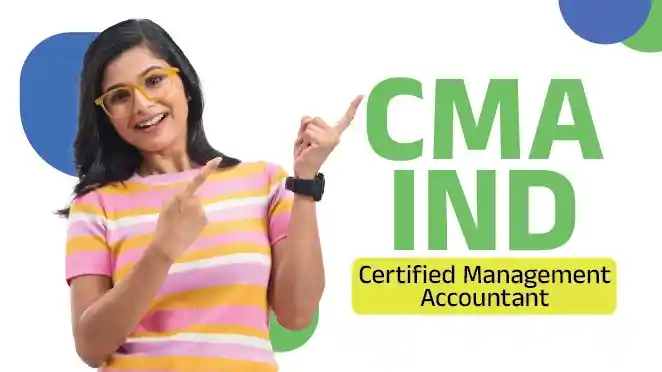CMA USA Unlocking Career Potential with CMA USA: A Gateway...
Read More20 +
Years of Experience
80,000 +
Happy Students
350 +
Faculties
82 +
Branches
1000 +
Placements
2000 +
Rank Holders
2000 +
Corporate Tie-Ups
Best Commerce Institute in Kerala | India

Why Logic ?
Logic School of Management with 20 years of experience is the Kerala’s Best Commerce Professional Institute. India’s top result oriented coaching centre for CMA USA with a Platinum Partner Membership. With a total of 82+ branches we offer Indian certifications such as CA, CS, and CMA India, as well as international programs like CMA USA, ACCA, EA and CPA.
We are proud to be the first institute in India to offer integrated courses like B.Com + ACCA, MBA + ACCA, and M.COM + CPA. We understand the importance of professional education and skill development training. We have transformed academic education in India with career-focused education.
We are honored to be recognized as India’s No. 1 commerce academy, with over 80,000+ satisfied students worldwide and a team of 350+ faculty members. Our team of qualified professionals intends to offer quality education and mold competent financial professionals suited for the current commerce landscape.
Placement Assistance
Not only do we educate, but we also offer complete placement support.
Experienced Faculties
Our team of educators and specialists creates inspiring learning spaces
Community Support
Join dynamic communities that value cooperation and a passion for learning
Our Proud Affiliations










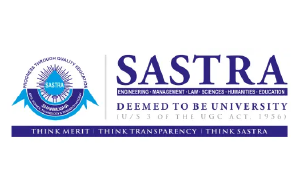











Our Specialities
Reputation and Expertise
As the leading trusted organization with over 20 years of proven success, Logic has established itself as a premier authority in commerce education.
Track Record
India’s Leading Placement Provider and Result-Oriented Coaching Centre. Our students begin successful careers, and we take pride in inspiring their journeys to success.
Modern, Industry-Ready Courses
Our long-standing presence in the field proves our commitment to building better careers for our students. We provide cutting-edge education and we grow alongside our students, guiding them to be ready for the current commerce landscape.
Holistic Growth
We focus on the intellectual and creative development of our students, helping them grow in all areas to become well-rounded, balanced, and capable individuals prepared for the current commerce industry.
Top Mentors
India’s Largest faculty pool, consisting of extensively experienced mentors, brings not only theoretical knowledge but also practical industry insights to the classroom.
Success Stories
20 years of industry leadership and we have built a legacy of successful professionals. The graduates from Logic Institute of Management are working in top MNCs and other top-tier companies.
Industry Opportunities
We guarantee that students will have a promising career and a positive future after completing their education. Our wide network of industry partners extensively provides students with valuable opportunities and job placements on a global scale
Practical Learning Focus
At Logic, we turn theory into practice. By transforming theory into hands-on experiences, we help students gain the real-world skills they need to thrive in today’s competitive commerce landscape.

Our Facilities
Logic School of Management


Courses Offered
Discover the perfect course tailored to fit your needs. Chase your dreams and navigate your passion effortlessly
Indian Courses
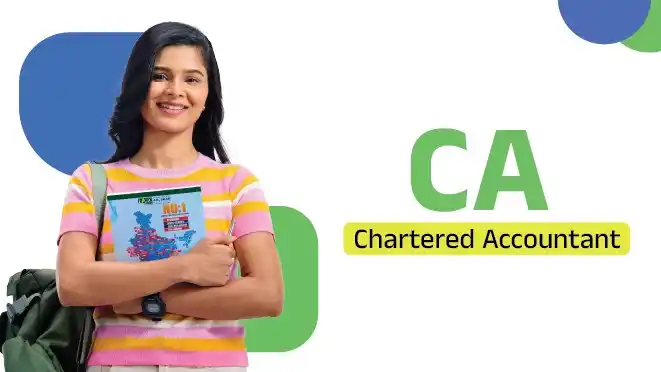
CA
The CA course offers worldwide acceptance, high career value, financial expertise, and diverse opportunities in Accounting and Finance.
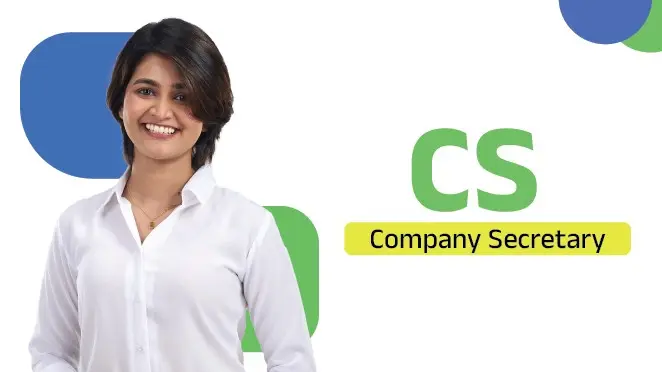
CS
CS, with targeted emphasis on Corporate Governance and Compliance, enhances employability and provides a competitive edge in Legal, Secretarial and Managerial roles.
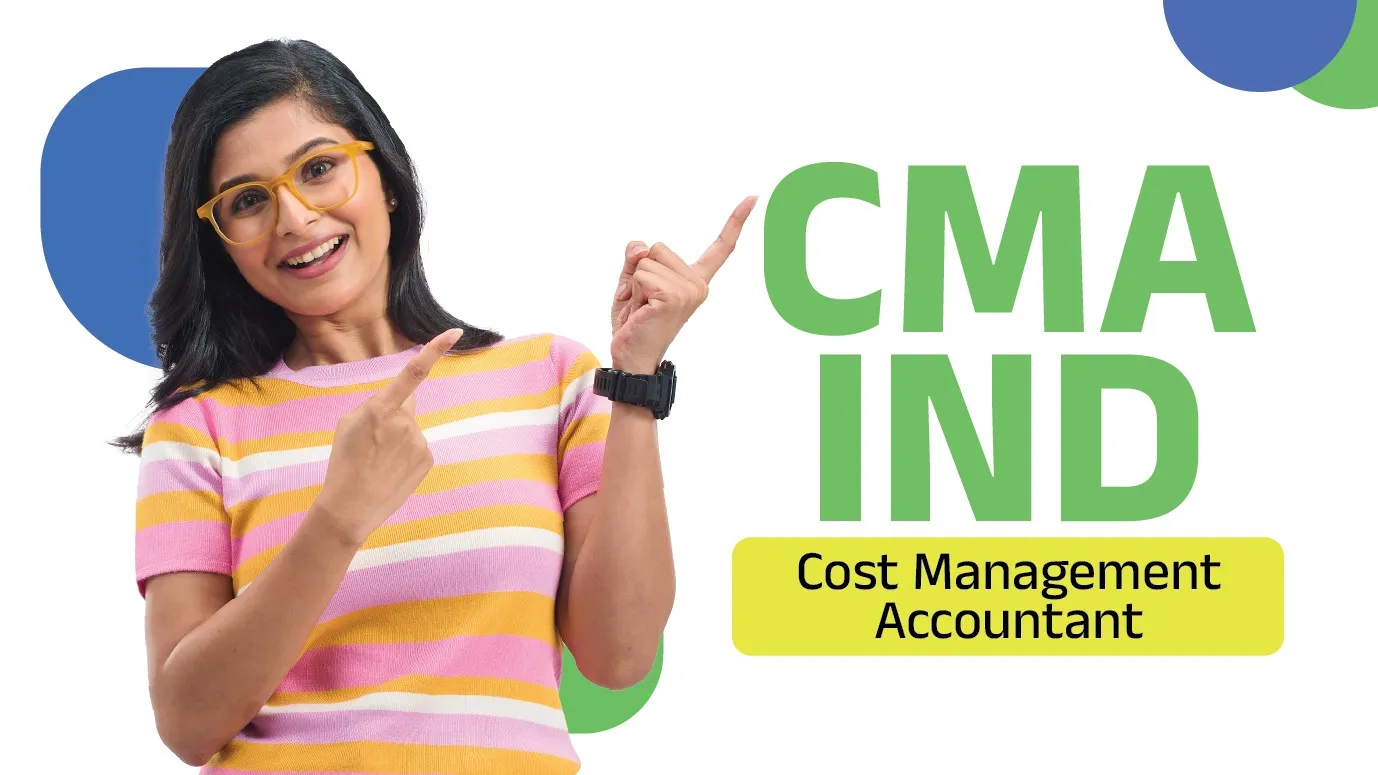
CMA INDIA
CMA, with its industry relevance, boosts employability and offers expertise in Financial Analysis, Strategic Planning and Decision-Making, essential for leadership roles.
International Courses
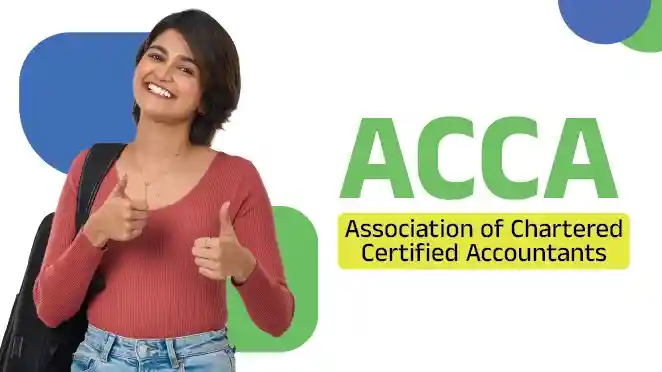
ACCA
The ACCA, with Globally recognized rigorous curriculum, enhances Employability and providing a competitive edge in Finance careers.
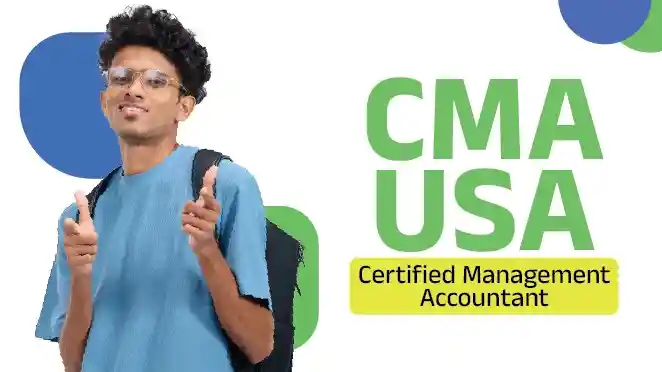
CMA USA
CMA USA, with comprehensive Management Accounting modules, enhances global career prospects and prepares professionals for Strategic Financial Roles.
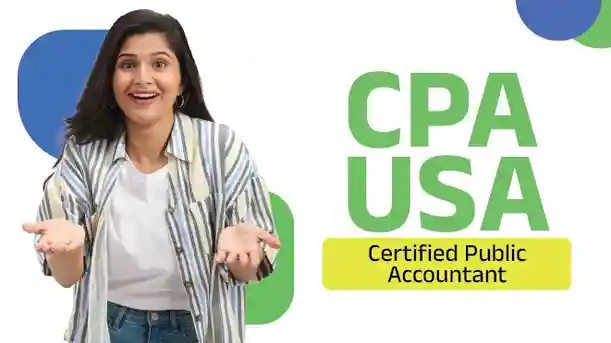
CPA USA
CPA, covering advanced Accounting practices and Auditing standards, enhances employability Globally and prepares professionals for crucial Financial positions.
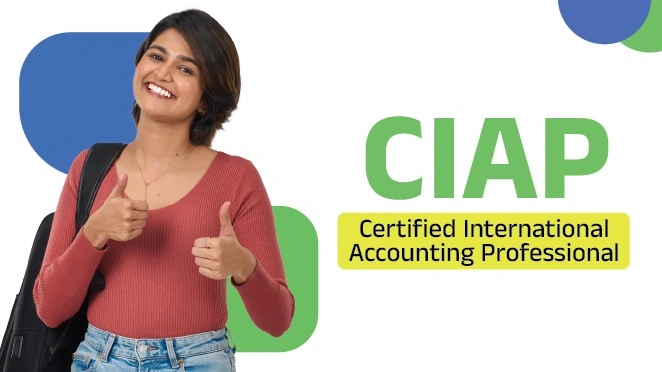
CIAP
( Certified International Accounting Professional )
The CIAP is a 6-month certification by IAB, validated by NSDC, focusing on accounting skills with great placement opportunities (₹2-4L)

EA
EA, with extensive modules in Tax laws, boosts global career opportunities and prepares professionals for Tax advisory roles.
Integrated Courses
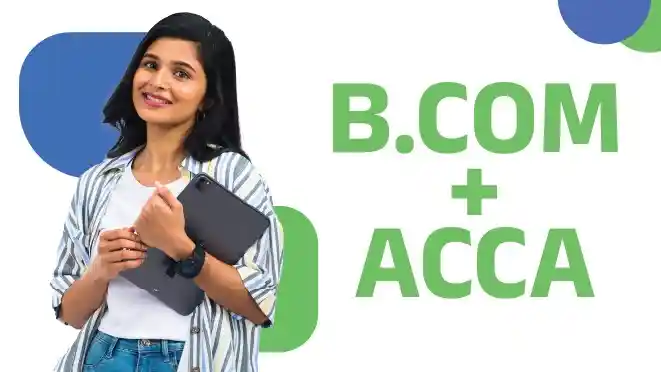
B.Com + ACCA
The B.Com+ACCA Integrated Program combines Business Fundamentals and Advanced Accounting Skills, boosting employability for key Finance roles.
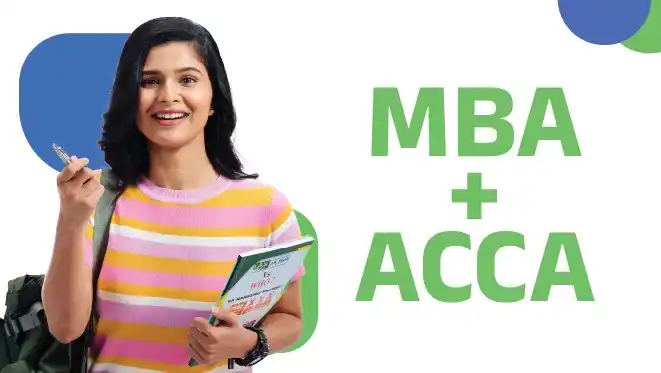
MBA + ACCA
MBA+ACCA Integrated Program combines Management Principles with Advanced Accounting expertise, enhancing employability for leadership roles in Finance Sector.
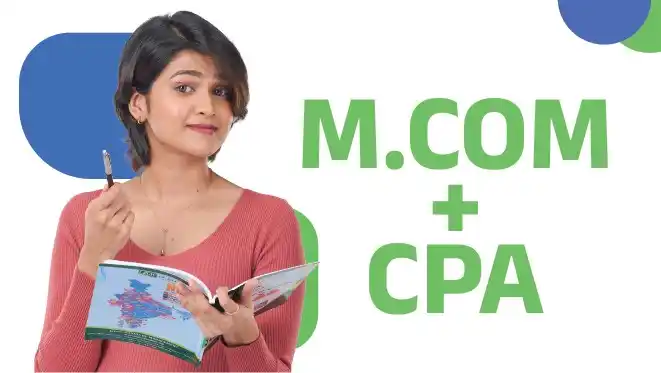
M.Com + CPA
M.Com+CPA Integrated Program merges Advanced Commerce Studies with Professional Accounting Skills, enhancing Global employability for key Financial positions.
Welcome to a Place Where Success Is a Habit
Proving that with hard work and dedication, success truly becomes a habit.





































Globally Recognized Institution Our Students Are Everywhere You Look!
Our Graduates Redefine Success in the Business World
Our graduates are exceptional in various fields, working for large companies and leaving a lasting impact.


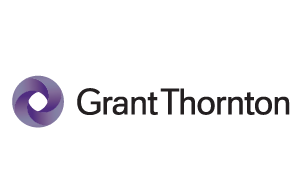
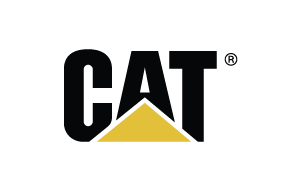
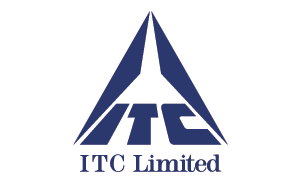
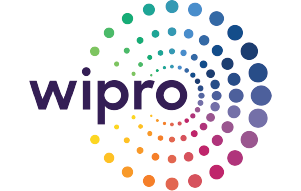
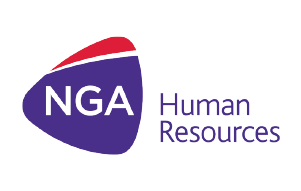


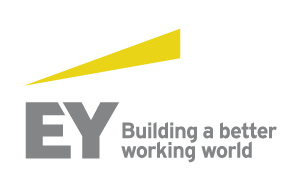
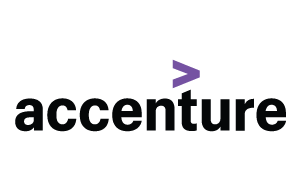

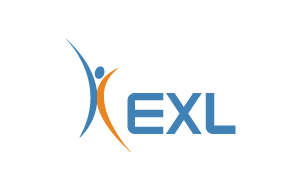

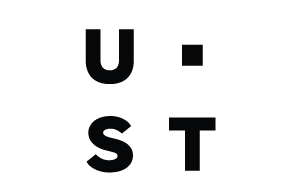




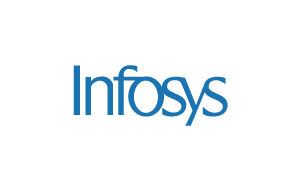

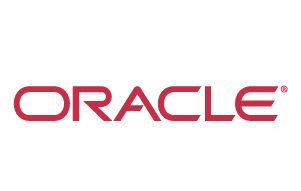
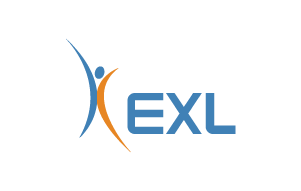

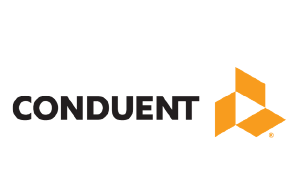
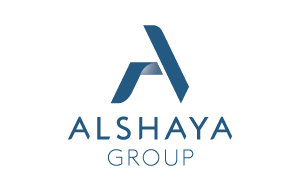
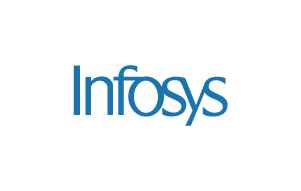

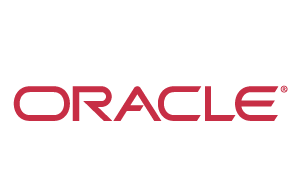
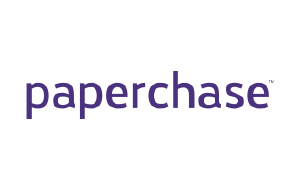


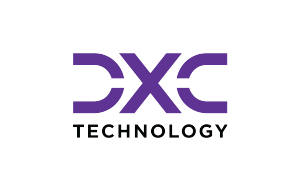
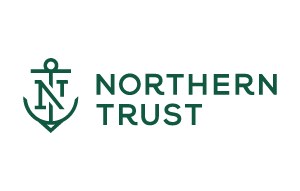
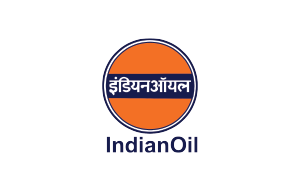



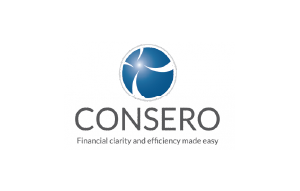
Hear it From Our Students
Testimonials from our students attest to their excitement, growth, and contentment, proving the efficacy of our educational initiatives.
Thanks Logic, for helping me start my career. Discovering Logic was lucky for me. Their high pass rate got my attention, and joining was the best choice. With their Talented Hunter program, I landed a job in a Highly Reputable Company in Hyderabad. They supported me all the way, and the friendly staff made learning fun

Grateful to Logic for setting my career in motion. Discovering Logic was a fortunate break. Their high success rate drew me in, and joining was the right choice. Thanks to their Professional Pathways program, I landed a role at a Renowned Company in Chennai. They supported me throughout, and the helpful team made learning engaging

I am a CA Foundation student.For me Logic is one of the best institutions for doing CA. The faculties are well experienced and provides quality teaching. Though its an institution, Logic provides a campus atmosphere by conducting various cultural activities. The management totally supports the students and provides best facilities for the betterment of its students...its a best commerce institute in kerala

I appreciate Logic for propelling my career forward. Discovering Logic was a lucky break. Their remarkable pass rate grabbed my attention, and joining was an excellent choice. Thanks to their Skill Builder program, I found a position at a Leading Company in Mumbai. Their guidance was invaluable, and the welcoming staff made learning fun

I am a recently qualified Certified Management Accountant. Proud to say that I was a student in Logic School of Management. It is the best institute in and around Kerala. They have educated and skilled faculties help us to understand the concept very clear. I personally suggest it is the best place to study professional courses.

I am a CMA USA Student in July 2019 batch. The teaching and training exercises here are very helpful for the students to understand even the complex topics with ease. The faculties, staff and management are quite helpful and friendly. Not only for studies, but also the atmosphere created here on the management fest, culture fest and winners day are as of a college level, if not beyond. Everyone can enjoy the student life while learning and understanding the topics thoroughly.......

I am an ACCA student at Logic school of management. Logic always succeed in providing good faculty and excellent environment for students. The coordinators are very helpful, talented and supportive. They always motivate us individually for performing our best in our exams. I am happy and proud to be in Logic school of management.

Heartfelt Wishes
20 Years of Excellence - Wishes
Sucess Stories
Of Our Heroes
Our Involvement in the Media
To know more about how our features can benefit
you book a free consultation today!
If you have questions, our exceptional consultants are here to help.
Reach out for expert and personalized guidance!

Blogs
Certified International Accounting Professional (CIAP): A Gateway to Global Accounting Excellence
Certified International Accounting Professional (CIAP): A Gateway to Global Accounting...
Read MoreCMA India: The credential you didn’t know you needed
CMA India: The credential you didn’t know you needed “You...
Read MoreWhere Finance Students need to reach in the Economic World of Tomorrow
Where Finance Students need to reach in the Economic World...
Read MoreFrequently Asked Questions
Professional financial education is highly valued in India due to the increasing need for finance experts in sectors like accounting, banking, corporate finance, taxation, and investment. With India’s economy expanding and becoming more integrated with global markets, businesses face greater regulatory requirements, increasing the demand for financial professionals. The government’s focus on financial transparency and reforms like the Goods and Services Tax (GST) and Insolvency and Bankruptcy Code (IBC) has further boosted the need for qualified financial experts. As a result, finance graduates and professionals with certifications in areas like Chartered Accountancy (CA), CFA, or ACCA are in high demand across industries, leading to numerous job opportunities and career growth.
India’s finance sector is projected to need approximately 50,000 new professionals every year. This includes roles for Chartered Accountants, Cost and Management Accountants (CMA), auditors, financial analysts, and tax consultants. This demand is driven by the country’s growing economy, rising corporate investments, and the need for organizations to comply with stricter financial regulations. The financial services and banking sectors, in particular, are expanding rapidly, creating constant opportunities for qualified professionals.
Finance professionals with internationally recognized certifications like ACCA, CMA (USA), CPA, or EA (Enrolled Agent) have excellent career prospects abroad. Countries such as the USA, UK, Canada, and Australia are always looking for finance experts who understand global financial standards. These qualifications allow professionals to work in international banking, auditing, corporate finance, and consultancy firms, often in senior management positions. The flexibility to work across borders, coupled with high earning potential, makes finance an attractive career for those seeking global opportunities.
Professional financial education provides the knowledge and skills necessary to thrive in the finance sector. It gives individuals a deep understanding of financial management, reporting, compliance, and regulations, which are critical to managing business finances effectively. With advanced financial education, professionals can pursue roles in corporate finance, auditing, financial planning, investment banking, and consultancy. Employers prefer candidates who possess specialized financial knowledge and certifications, leading to faster career growth, promotions, and job stability.
Obtaining professional qualifications in finance, such as CA, CPA, ACCA, or CFA, significantly boosts earning potential. These certifications are seen as marks of expertise and credibility in the industry. Finance professionals with these qualifications can command high starting salaries, often exceeding ₹7-20 lakhs annually in India, depending on the certification and job role. As professionals gain experience, their earning potential increases substantially. Internationally certified professionals, especially those working in finance hubs like London or New York, can earn significantly higher salaries.
International certifications like CPA, CMA, ACCA, and CFA are widely respected and valued in the finance industry. These credentials demonstrate a high level of expertise in global financial practices and standards. With these certifications, finance professionals can work in multinational corporations, leading global financial firms, and advisory bodies. Having an international certification also opens up opportunities for leadership and senior management roles, allowing professionals to move up the career ladder faster and access higher-paying jobs in global markets.








Why Logic ?
Logic School of Management with 20 years of experience is the Kerala’s Best Commerce Professional Institute. India’s top result oriented coaching centre for CMA USA with a Platinum Partner Membership. With a total of 82+ branches we offer Indian certifications such as CA, CS, and CMA India, as well as international programs like CMA USA, ACCA, EA and CPA.
We are proud to be the first institute in India to offer integrated courses like B.Com + ACCA, MBA + ACCA, and M.COM + CPA. We understand the importance of professional education and skill development training. We have transformed academic education in India with career-focused education.
We are honored to be recognized as India’s No. 1 commerce academy, with over 80,000+ satisfied students worldwide and a team of 350+ faculty members. Our team of qualified professionals intends to offer quality education and mold competent financial professionals suited for the current commerce landscape.



Our Proud Affiliations






















Our Specialities
Reputation and Expertise
As the leading trusted organization with over 20 years of proven success, Logic has established itself as a premier authority in commerce education.
Track Record
India’s Leading Placement Provider and Result-Oriented Coaching Centre. Our students begin successful careers, and we take pride in inspiring their journeys to success.
Modern, Industry-Ready Courses
Our long-standing presence in the field proves our commitment to building better careers for our students. We provide cutting-edge education and we grow alongside our students, guiding them to be ready for the current commerce landscape.
Top Mentors
India’s Largest faculty pool, consisting of extensively experienced mentors, brings not only theoretical knowledge but also practical industry insights to the classroom.
Success Stories
20 years of industry leadership and we have built a legacy of successful professionals. The graduates from Logic Institute of Management are working in top MNCs and other top-tier companies.
Industry Opportunities
We guarantee that students will have a promising career and a positive future after completing their education. Our wide network of industry partners extensively provides students with valuable opportunities and job placements on a global scale
Holistic Growth
We focus on the intellectual and creative development of our students, helping them grow in all areas to become well-rounded, balanced, and capable individuals prepared for the current commerce industry.

Our Facilities
Logic School of Management


Courses Offered
Discover the perfect course tailored to fit your needs. Chase your dreams and navigate your passion effortlessly
Indian Courses
International Courses
Integrated Courses
Welcome to a Place Where Success Is a Habit
Proving that with hard work and dedication, success truly becomes a habit.
















Globally Recognized Institution Our Students Are Everywhere You Look!
Our Graduates Redefine Success in the Business World
Our graduates are exceptional in various fields, working for large companies and leaving a lasting impact.







































Hear it From Our Students
Testimonials from our students attest to their excitement, growth, and contentment, proving the efficacy of our educational initiatives.
Thanks Logic, for helping me start my career. Discovering Logic was lucky for me. Their high pass rate got my attention, and joining was the best choice. With their Talented Hunter program, I landed a job in a Highly Reputable Company in Hyderabad. They supported me all the way, and the friendly staff made learning fun

Grateful to Logic for setting my career in motion. Discovering Logic was a fortunate break. Their high success rate drew me in, and joining was the right choice. Thanks to their Professional Pathways program, I landed a role at a Renowned Company in Chennai. They supported me throughout, and the helpful team made learning engaging

I am a CA Foundation student.For me Logic is one of the best institutions for doing CA. The faculties are well experienced and provides quality teaching. Though its an institution, Logic provides a campus atmosphere by conducting various cultural activities. The management totally supports the students and provides best facilities for the betterment of its students...its a best commerce institute in kerala

I appreciate Logic for propelling my career forward. Discovering Logic was a lucky break. Their remarkable pass rate grabbed my attention, and joining was an excellent choice. Thanks to their Skill Builder program, I found a position at a Leading Company in Mumbai. Their guidance was invaluable, and the welcoming staff made learning fun

I am a recently qualified Certified Management Accountant. Proud to say that I was a student in Logic School of Management. It is the best institute in and around Kerala. They have educated and skilled faculties help us to understand the concept very clear. I personally suggest it is the best place to study professional courses.

I am a CMA USA Student in July 2019 batch. The teaching and training exercises here are very helpful for the students to understand even the complex topics with ease. The faculties, staff and management are quite helpful and friendly. Not only for studies, but also the atmosphere created here on the management fest, culture fest and winners day are as of a college level, if not beyond. Everyone can enjoy the student life while learning and understanding the topics thoroughly.......

I am an ACCA student at Logic school of management. Logic always succeed in providing good faculty and excellent environment for students. The coordinators are very helpful, talented and supportive. They always motivate us individually for performing our best in our exams. I am happy and proud to be in Logic school of management.

Heartfelt Wishes
20 Years of Excellence – Wishes from Our Students
Sucess Stories Of Our Heroes
Our Involvement in the Media
To know more about how our features can benefit you
book a free consultation today!
If you have questions, our exceptional consultants are here to help.
Reach out for expert and personalized guidance!

Blogs
Unlocking Career Potential with CMA USA: A Gateway to Financial Leadership
CMA USA Unlocking Career Potential with CMA USA: A Gateway...
Read MoreFrequently Asked Questions
Professional financial education is highly valued in India due to the increasing need for finance experts in sectors like accounting, banking, corporate finance, taxation, and investment. With India’s economy expanding and becoming more integrated with global markets, businesses face greater regulatory requirements, increasing the demand for financial professionals. The government’s focus on financial transparency and reforms like the Goods and Services Tax (GST) and Insolvency and Bankruptcy Code (IBC) has further boosted the need for qualified financial experts. As a result, finance graduates and professionals with certifications in areas like Chartered Accountancy (CA), CFA, or ACCA are in high demand across industries, leading to numerous job opportunities and career growth.
India’s finance sector is projected to need approximately 50,000 new professionals every year. This includes roles for Chartered Accountants, Cost and Management Accountants (CMA), auditors, financial analysts, and tax consultants. This demand is driven by the country’s growing economy, rising corporate investments, and the need for organizations to comply with stricter financial regulations. The financial services and banking sectors, in particular, are expanding rapidly, creating constant opportunities for qualified professionals.
Finance professionals with internationally recognized certifications like ACCA, CMA (USA), CPA, or EA (Enrolled Agent) have excellent career prospects abroad. Countries such as the USA, UK, Canada, and Australia are always looking for finance experts who understand global financial standards. These qualifications allow professionals to work in international banking, auditing, corporate finance, and consultancy firms, often in senior management positions. The flexibility to work across borders, coupled with high earning potential, makes finance an attractive career for those seeking global opportunities.
Professional financial education provides the knowledge and skills necessary to thrive in the finance sector. It gives individuals a deep understanding of financial management, reporting, compliance, and regulations, which are critical to managing business finances effectively. With advanced financial education, professionals can pursue roles in corporate finance, auditing, financial planning, investment banking, and consultancy. Employers prefer candidates who possess specialized financial knowledge and certifications, leading to faster career growth, promotions, and job stability.
Obtaining professional qualifications in finance, such as CA, CPA, ACCA, or CFA, significantly boosts earning potential. These certifications are seen as marks of expertise and credibility in the industry. Finance professionals with these qualifications can command high starting salaries, often exceeding ₹7-20 lakhs annually in India, depending on the certification and job role. As professionals gain experience, their earning potential increases substantially. Internationally certified professionals, especially those working in finance hubs like London or New York, can earn significantly higher salaries.
International certifications like CPA, CMA, ACCA, and CFA are widely respected and valued in the finance industry. These credentials demonstrate a high level of expertise in global financial practices and standards. With these certifications, finance professionals can work in multinational corporations, leading global financial firms, and advisory bodies. Having an international certification also opens up opportunities for leadership and senior management roles, allowing professionals to move up the career ladder faster and access higher-paying jobs in global markets.


